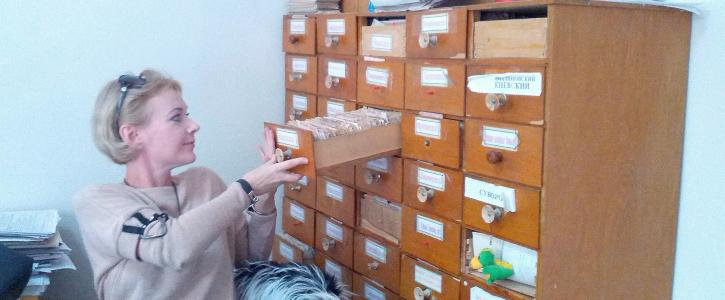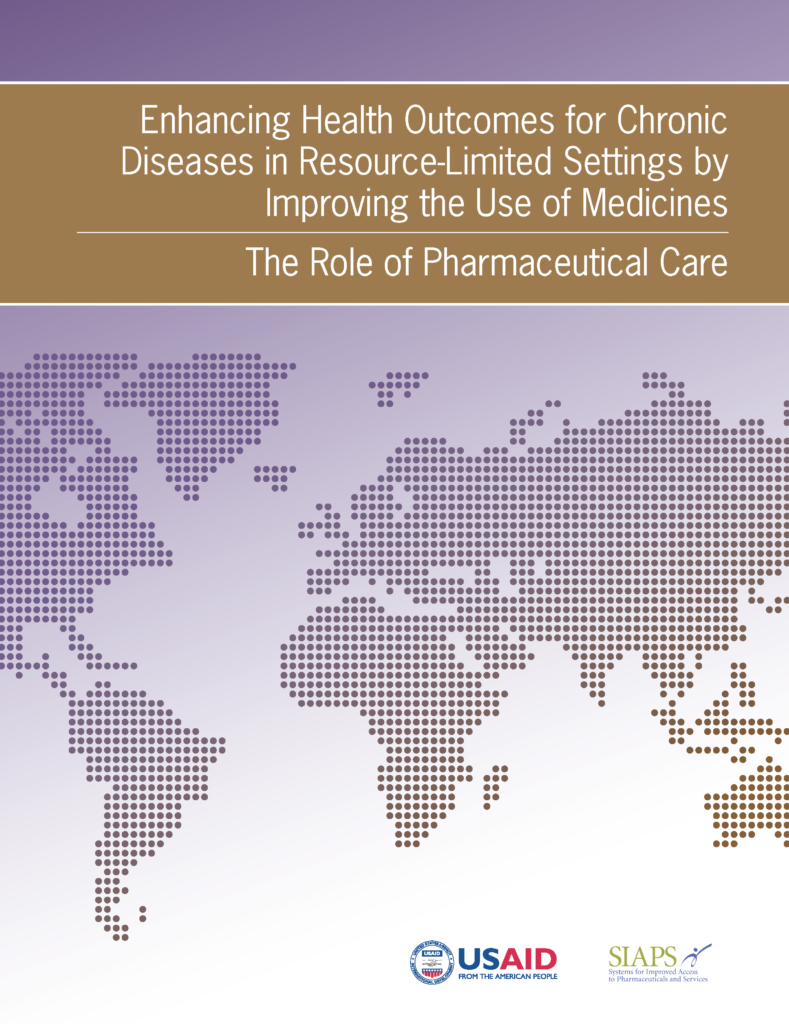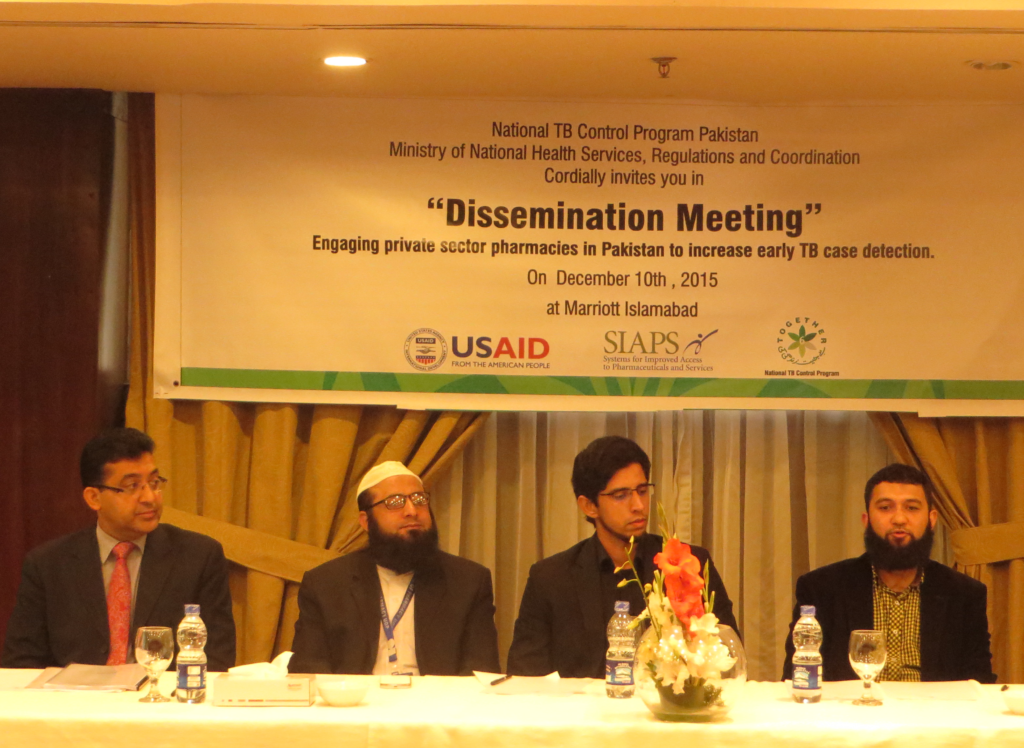For World Health Worker Week 2016, we’re shining a spotlight on the people improving health outcomes in low- and middle-income countries.
[threecol_one] Feature
[/threecol_one] [threecol_two_last]
Ending TB in Ukraine: Motivated Frontline Health Workers are Key in Achieving WHO Goals
Motivated frontline health workers play a key role in achieving global strategies to fight tuberculosis, writes SIAPS Principal Technical Advisor Niranjan Konduri for The Lancet Global Health blog. Using the story of Irina Chaban, a Ukrainian TB doctor, as an example, Mr. Konduri highlights the challenges health workers in low- and middle-income countries must overcome while working to eradicate TB. [/threecol_two_last]
[divider]
[threecol_one]
Blog

[/threecol_one]
[threecol_two_last]Namibia’s First School of Pharmacy: From Creation to Graduation
On April 24, 2015, the first class of students graduated from the B.Pharm program at the University of Namibia (UNAM)–the first and only pharmacy degree program in the country. With the help of the USAID-funded SIAPS program, the Namibian Ministry of Health and Human Services was able to conceive, establish, and encourage enrollment in the B.Pharm degree. The graduation of the country’s first locally educated pharmacists constitutes a major step forward in alleviating the country’s dire shortage of pharmacy staff and helping to meet the health care needs of the largely underserved Namibian population.[/threecol_two_last]
[divider]
[threecol_one]
SIAPS Work

[/threecol_one]
[threecol_two_last]Pharmaceutical Care
In many countries, pharmacy practice is evolving from just selling or dispensing medicines to providing patient-centered services, including pharmaceutical care, that support better health care and outcomes. Pharmaceutical care encompasses responsible provision of medications to health facilities and providers and ultimately, to patients. It calls for all health workers on the care team (physicians, nurses, pharmacists, pharmacy assistants, community health workers, and the patient) to actively collaborate to prevent or solve medicines use problems for optimal health care for the patient. [/threecol_two_last]
[divider]
[threecol_one]
Blog

[/threecol_one]
[threecol_two_last]Engaging Private-Sector Pharmacies in Pakistan to Increase Early TB Case Detection
In Pakistan, the private sector caters to about 70% of the primary health care needs of the population. Previously, the 65,535 registered pharmacies in the country were not engaged in TB control or preventive activities. To engage the retail pharmacies in TB control, the National TB Program (NTP) partnered with the USAID-funded Systems for Improved Access to Pharmaceuticals and Services (SIAPS) Program to pilot an intervention targeting the retail pharmaceutical sector in TB management.

